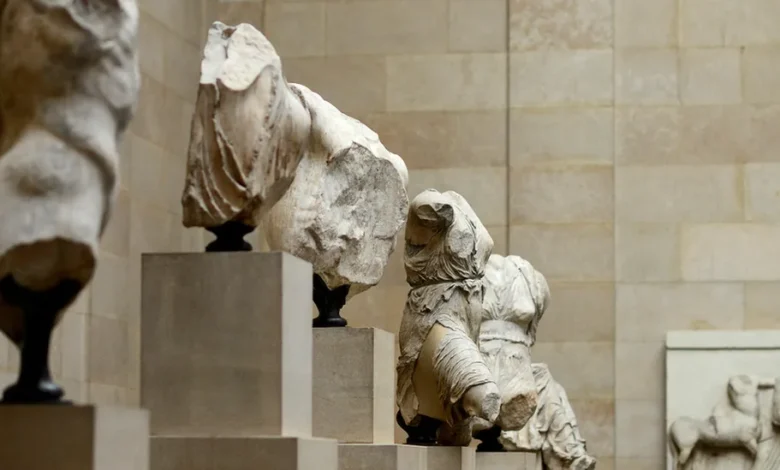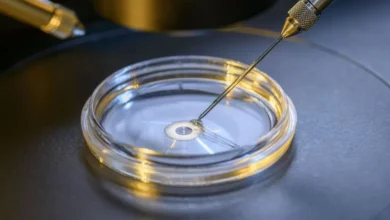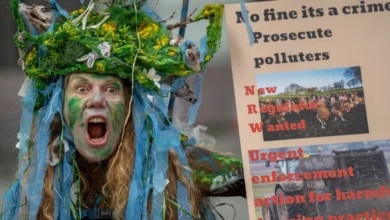Sunak cancels Greek PM meeting in Parthenon Sculptures row

A diplomatic row has broken out between the British and Greek governments over the Parthenon Sculptures, also known as the Elgin Marbles.
The Greek Prime Minister Kyriakos Mitsotakis was due to meet Rishi Sunak in London, but No 10 cancelled the meeting at the last minute.
The Greek prime minister’s spokesman said he was “disappointed” the meeting had been cancelled at the “11th hour”.
Mr Mitsotakis rejected an alternative meeting with the deputy prime minister.
The cancellation came a day after Mr Mitsotakis said that the marbles should be returned, as having some of the artefacts in London and the rest in Athens was like cutting the Mona Lisa in half.
A spokesman for the Office of the Greek Prime Minister said: “The prime minister is disappointed that Prime Minister Sunak cancelled their bilateral meeting at the 11th hour today.
“Greece and Britain have a very deep history of friendship and cooperation, and the Greek government is extremely surprised by this decision.
“The prime minister was looking forward to discussing a range of topics of mutual interest including the Israel-Gaza conflict, Russia’s illegal invasion of Ukraine, climate change, as well as common challenges such as migration, and of course the Parthenon Sculptures.”
Sources with knowledge of the mood in the Greek government said Mr Mitsotakis was “baffled” and “annoyed”.
The meeting had been due to happen at lunchtime on Tuesday and, the BBC understands, was due to last 45 minutes.
But Mr Mitsotakis’s appearance on the the BBC’s Sunday with Laura Kuenssberg programme had irritated Mr Sunak.
The British government confirmed the cancellation and offered the Greek PM a meeting with Deputy Prime Minister Oliver Dowden instead.
A senior Conservative source said: “It became impossible for this meeting to go ahead following commentary regarding the Elgin Marbles prior to it.
“Our position is clear – the Elgin Marbles are part of the permanent collection of the British Museum and belong here. It is reckless for any British politician to suggest that this is subject to negotiation.”
Mr Mitsotakis met the Labour leader Keir Starmer earlier.
He will now return to Greece on Tuesday after his scheduled meetings in the morning – declining the meeting with Mr Dowden.
‘Slippery slope’
Don’t underestimate the politics of this row.
The Conservatives argue it was naive of Labour Leader Sir Keir Starmer to meet the Greek leader, given the public view he expressed on the future of the marbles on Sunday.
Labour’s view is they wouldn’t stand in the way of a loan arrangement between the British Museum and Athens if one was arranged.
A spokesperson for the British government said there were “no plans” to change the 1963 British Museum Act – which prohibits the removal of objects from the institution’s collection.
But a loan does not require a change in the law and so could happen irrespective of the view of the British prime minister.
Many Conservatives believe such an arrangement would be a “slippery slope”, as one put it to me.
“Keir Starmer is clearly keen to ignore the contributions generations of British taxpayers have made to keep them safe and share them with the world,” one party source claimed.
But a Labour source said their position was long-standing – a Labour government would not change the law to allow the sculptures to be permanently moved – and Mr Sunak’s behaviour was “pathetic”.
Another source said “what a bizarre piece of culture war theatre”.
A Labour spokesperson said: “If the prime minister isn’t able to meet with a European ally with whom Britain has important economic ties, this is further proof he isn’t able to provide the serious economic leadership our country requires. Keir Starmer’s Labour Party stands ready.”
Loan arrangement explored
The sculptures are arguably the most high-profile artworks in the increasingly contested debate about whether museums across the world should return items to their countries of origin.
Lord Elgin, a British soldier and diplomat, removed them from the Parthenon temple in Athens in the early 19th Century. The sculptures were then bought by the British government in 1816 and placed in the British Museum.
The marble figures are part of a frieze that decorated the 2,500-year old temple, made by the sculptor Phidias.
The Parthenon Gallery at the Acropolis Museum was built more than a decade ago to house the sculptures. The exhibition combines the original marble sculptures with plaster copies of those held in the British Museum and other foreign museums.
The trustees of the British Museum are currently exploring the prospect of a loan arrangement with Greece.
The British Museum’s Chair of Trustees, George Osborne, who is the former chancellor, has previously said he is looking to find “some kind of arrangement to allow some of the sculptures to spend some of their time in Greece”.
Speaking to the Culture, Media and Sport Committee in October, Mr Osborne said any deal would have to see “objects from Greece coming here” for the first time.
It is thought any decision is at least months away.










